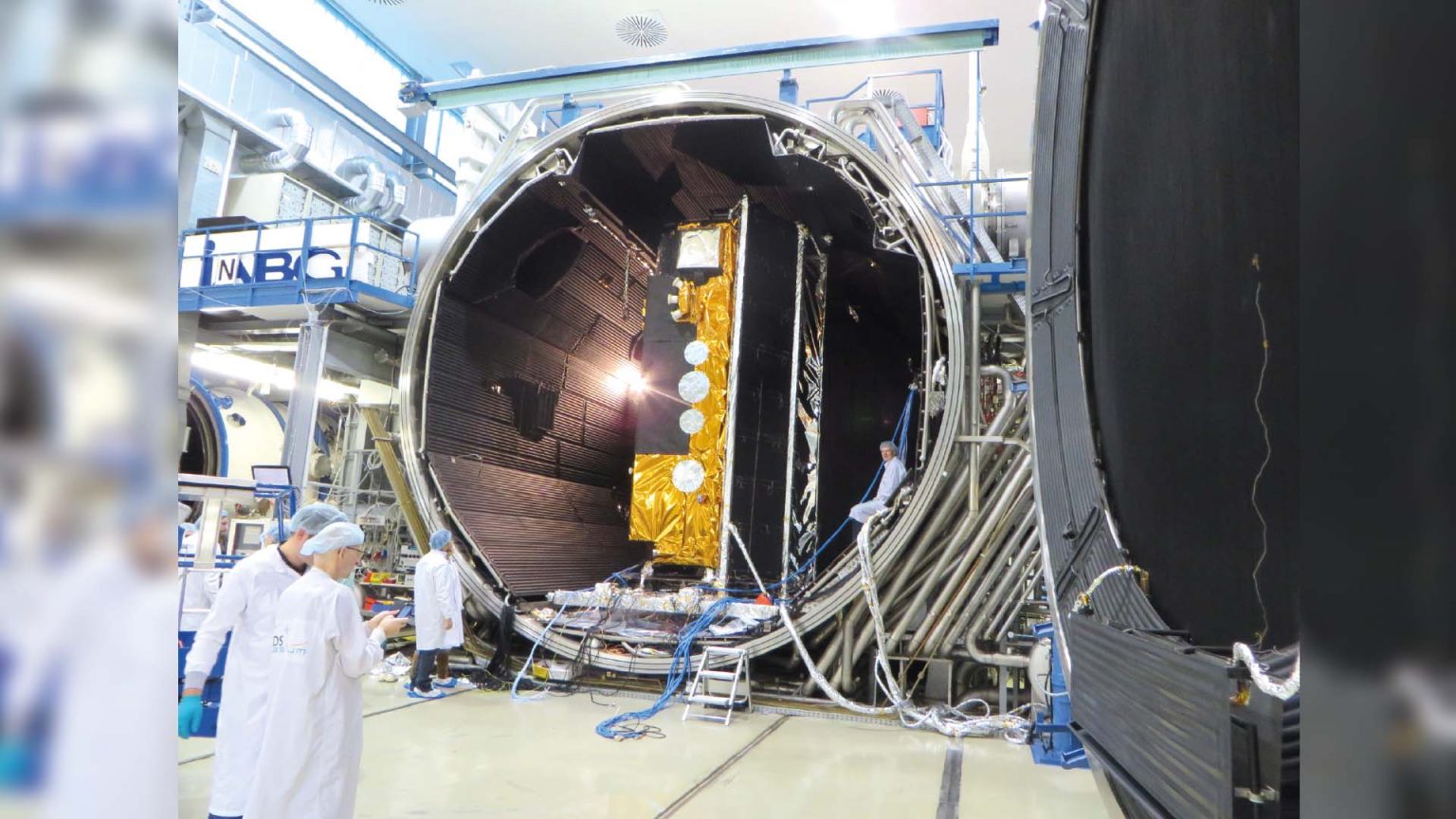The outlook for Spain’s space economy is one of maturity. This industry generates 6,000 direct jobs and is ranked fifth in Europe in terms of permanent job creation. Space sector activities already represent 0.1% of the GDP, with an aggregate turnover of 1.06 billion euros.
The sector has achieved this, among other things, thanks to the consolidation of companies with a track-record of over 70 years, more than 20 companies that are part of proEspacio, and with a Spanish leadership in certain areas of technology.
Space sector activities already represent 0.1% of the GDP, with an aggregate turnover of 1.06 billion euros”
Broadly speaking, one could say that the space industry is international, consolidated, strategic, diversified and with new business models, based on the conclusions drawn during the 5th edition of the Space Engineering Congress at the Institute of Engineering of Spain, held last June, which brought together key personalities, experts, researchers and academics of that field.
The great advancements achieved during the last few years are undeniable. The participants of this forum highlighted knowledge and the latent talent of this field with a strong demand for technical personnel, its strategic nature, innovation, its diversified framework and its presence across most of the value chain as great strengths.
All of these factors have led to a new ecosystem with the emergence of numerous start-ups with alternative business models and the proliferation of space company incubators in almost every Autonomous Community, which are committed to the development of this activity as a generator of wealth.
The congress also served as a way to underscore the value of the industry’s capabilities to undertake more encompassing challenges, such as leading missions and entering into more significant contracts.
On the other end of the spectrum, we find new challenges and threats that the space sector is exposed to, which must be addressed.
The experts were critical in relation to several issues. The sector is rickety in terms of technological sovereignty, vulnerable to a loss of competitiveness, and suffers from excessive employee turnover and from shrinking numbers of STEM graduates in relation to other European countries, among others.
The gathering, organised by the Space Committee of the Institute of Engineering of Spain (IEE) brought together over 100 experts who discussed the exploration, research, management and use of space, in addition to the most relevant challenges and activities of the sector, as well as space economics.





